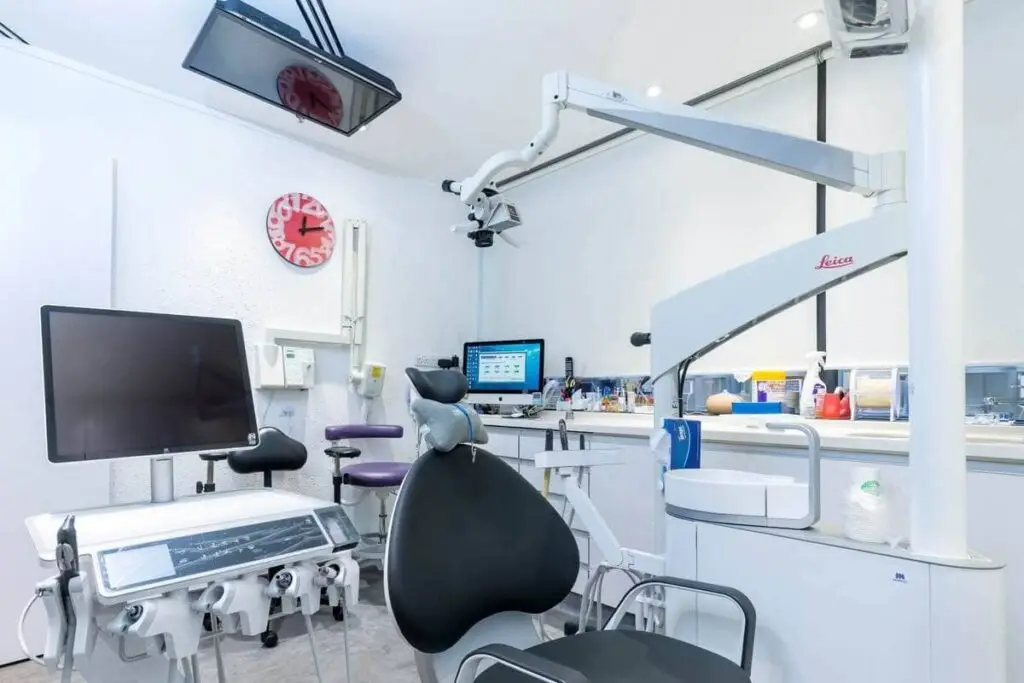

Dr. Purvi Ankit Gohil
General Dentist
Bachelor of Dental Surgery of the Maharashtra
University of Health Sciences, Nashik, India (2003)
Speaks English, Hindi
Root Canal Treatment (RCT) is a dental procedure to treat infected or painful teeth by removing the infected pulp and sealing the tooth to prevent further infection. Don’t ignore symptoms like toothache, swelling, or sensitivity—these could mean you need a root canal. Contact us today to save your tooth and restore your oral health!




General Dentist
Bachelor of Dental Surgery of the Maharashtra
University of Health Sciences, Nashik, India (2003)
Speaks English, Hindi


General Dentist
Bachelor of Dental Surgery of the University of Hong Kong (2013)
Speaks English, Cantonese, Mandarin
Root Canal Treatment (RCT) is a common dental procedure that is performed to treat a tooth that has become infected or is causing pain. During the procedure, the dentist removes the infected pulp from inside the tooth and replaces it with a filling material. This helps to prevent further infection and save the tooth from extraction.
RCT is needed when the pulp inside the tooth becomes infected or inflamed due to injury or deep decay that has reached the nerve. Delaying this treatment can increase the risk of the infection spreading to other teeth or even other parts of the body, leading to more extensive dental issues. RCT is needed when the pulp inside the tooth becomes infected or inflamed due to injury or deep decay that has reached the nerve. Delaying this treatment can increase the risk of the infection spreading to other teeth or even other parts of the body, leading to more extensive dental issues.
If you experience any of these symptoms, it’s essential to seek professional dental care immediately.
Number of Visits: 2 – 3
Appointment Time Per Visit: 60 – 90 minutes
Recovery Period: NA
We begin with a detailed consultation, taking X-rays and digital scans of your teeth. These images help us understand the extent of the infection and plan your treatment accurately.
Pain Management: Take over-the-counter pain relievers as recommended to manage discomfort after the treatment.
Dietary Restrictions: Stick to soft foods for a few days and avoid hard or sticky foods that may irritate the treated area.
Oral Hygiene: Continue to brush and floss gently, avoiding the treated area, and consider using a saltwater rinse for soothing.
If you’re experiencing tooth pain or believe you might need a root canal, don’t wait—contact us to schedule your consultation.
The procedure is usually done under local anesthesia and is virtually painless. You may experience some discomfort and sensitivity after the procedure, but this will subside quickly.
The procedure can take one or two visits, depending on the severity of the infection.
Several factors affect the cost of RCT, such as the dentist’s experience, the complexity of the procedure. Two of our dentists use surgical microscopes to do RCT if the root canal structure is very narrow, curved or complex.
A crown is highly recommended after RCT to protect and strengthen the tooth. A crown is a cap that is placed over the tooth to guard it from further damage like cracking or reinfection.
Proper post-RCT care, such as avoiding hard and sticky foods, practicing good oral hygiene, and visiting the dentist regularly, is essential for the longevity of the crown and the overall health of your teeth.
Root canal treatment is a common and effective dental procedure, there are potential risk sand complications associated with it like discoloration, reinfection, tooth cracking, and other complications. However the benefits of RCT may far outweigh the potential risks. It depends on your oral conditions, so please consult our root canal dentists for getting professional dental advice.
With the right precautions and care, these risks can be minimized. It’s important to seek treatment from a qualified specialist, who has the experience and skills to mitigate these risks. So, while it is natural to be concerned, rest assured that the benefits of the procedure far outweigh the potential risks.
If you’re experiencing dental pain/toothache or suspect an infection, don’t hesitate to contact our clinic to schedule a dentist appointment with our skilled dentists. We will assess your condition and recommend the most appropriate treatment plan for your needs.